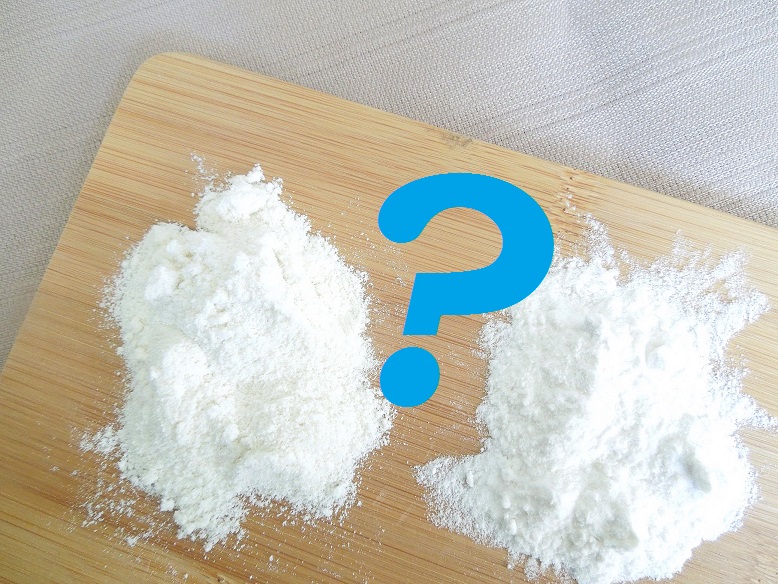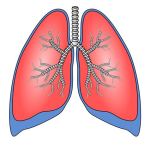Benefits of magnesium and
its role as a glutathione cofactor

Research into the benefits of magnesium is increasing since growing medical evidence suggests that magnesium plays a role in a large number of health conditions.
It is not surprising - magnesium is one of the most abundant minerals in tissues, with the highest concentrations found in the bones, the brain and the heart.
Magnesium is a cofactor in over 300 enzyme reaction. It is required for the protein synthesis, fatty acids synthesis, DNA manufacture, production and transfer of energy, conversion of vitamin D into its active hormone form within the body. It is vital for healthy bones and regulation of the heart muscle contractions. Magnesium is necessary for proper nerve impulse transmissions, transport of a number of nutrients across membrane into cells, removal of toxic ammonia from the body. Magnesium enhances insulin secretion and helps transport it into cells.
Benefits of magnesium, either dietary or supplemental, have been documented in the treatment of the following conditions:
|
|
Many of the documented health benefits of magnesium are directly connected to its being a cofactor of glutathione production and its role in maintaining glutathione levels.
BENEFITS OF MAGNESIUM AS A GLUTATHIONE COFACTOR
Benefits of magnesium include its role as a cofactor in glutathione production. Magnesium is required for the proper functioning of the enzyme gamma glutamyl transpeptidase (GGT).
This enzyme plays an important role in the synthesis of glutathione. Out of all the enzymes involved in the gamma-glutamyl cycle GGT is the only one located on the outside of plasma cell membranes where it breaks down circulating extracellular glutathione and releases all-important cysteine for intracellular reassembling of glutathione.
This means that GGT is involved in cysteine delivery to tissues demanding it at the moment in response to oxidative stress or a pathogen. (Gamma-glutamyl transpeptidase in glutathione biosynthesis. Zhang H et al. Methods Enzymol. 2005;401:468-83.)
Manufacture of glutathione by way of this gamma-glutamyl cycle is important for maintaining glutathione balance and glutathione’s normal redox status (the ratio of reduced to oxidized glutathione).
GGT is found in many body tissues, but the highest concentrations are found in the kidneys and the liver, the organs that deal with the removal of all toxins from the body – exactly where the highest concentrations of glutathione are.
BENEFITS OF MAGNESIUM IN ANTIOXIDANT DEFENSE
Magnesium is directly involved in the mechanisms of cellular antioxidant defense by increasing the activity of important glutathione enzyme glutathione peroxidase (GPx). This enzyme speeds up the reaction between glutathione and free radicals, particularly toxic hydrogen peroxide.
One study that investigated benefits of magnesium in carbon monoxide toxicity in rats confirmed an increase in the GPx activity in the group treated with magnesium sulphate (as an injection). CO poisoning caused significant damage, detected within the first 6 hours, in the untreated group. The protective effect of magnesium sulfate against oxidative damage has been identified within the first 6 hours predominantly due to the GPx activity. Magnesium treatment also increased the activity of other important antioxidants – superoxide dismutase (SOD) and catalase. (Therapeutic effect of magnesium sulphate on carbon monoxide toxicity-mediated brain lipid peroxidation. Yavuz Y, Mollaoglu H. Eur Rev Med Pharmacol Sci. 2013 Feb;17 Suppl 1:28-33.).
Another study investigated the impact of long-term magnesium deficient diets on oxidative stress, cell death and aging in rat livers. Such a diet over a full 2-year life span of rats resulted in moderate magnesium deficiency comparable to that of humans. Statistically significant lower GPx activity was noted in the magnesium-deficient group. This group also saw a higher percentage of animal mortality as compared to the other groups. This study also demonstrated that chronic magnesium deficiency induced apoptosis (cell death) in rat liver due to oxidative stress. (Effects of long-term dietary intake of magnesium on oxidative stress, apoptosis and ageing in rat liver. Martin H, Uring-Lambert B. Magnes Res. 2008 Jun;21(2):124-30.)
Magnesium intake below the RDA is also associated with elevated C-reactive protein, a common marker of inflammation, suggesting that magnesium deficiency may be involved in the development of the low-grade chronic inflammation (High fructose consumption combined with low dietary magnesium intake may increase the incidence of the metabolic syndrome by inducing inflammation. Rayssiguier Y et al. Magnes Res 2006; 19: 237-43.; Magnesium intake and serum C-reactive protein levels in children. King DE et al. Magnes Res 2007; 20: 32-6.). Chronic inflammation is detrimental to immune heath because it is a source of constant free radical production that reduces glutathione levels.
In his book "Natural Strategies For Cancer Patients" Dr. Russell Blaylock states that "magnesium plays a critical role in glutathione levels. Low magnesium levels in the tissues, something that is very common, has been shown to double the number of free radicals being formed and to dramatically lower the cell glutathione levels."
Magnesium RDA is set at 400 mg a day for men and 320 mg a day for women. Some researchers argue that these RDAs may be insufficient and that 500 mg a day may be needed for optimal health, possibly even more for those who exercise rigorously. Dr. Carolyn Dean, the author of "The Magnesium Miracle", even suggests taking 600-1,000 mg of magnesium a day through diet and supplementation to achieve maximum health benefits of magnesium.
All the above evidence shows that magnesium affects both glutathione production and maintenance of glutathione levels through glutathione enzyme pathways.
It is very important to keep magnesium levels within normal range to help maintain strong immune health.
Foods with magnesium are pumpkin seeds, sesame seeds, black and brown rice, beans, buckwheat, raw cocoa powder, coconut meat and pure coconut water. Visit our page Foods High In Magnesium for more details and quick facts about dietary magnesium.
For help with choosing a magnesium supplement visit our page Types of Magnesium Supplements.
Return to Top of Benefits of Magnesium
Return to How to Raise Glutathione
Return to Natural Immune System Boosters
Return to Home




